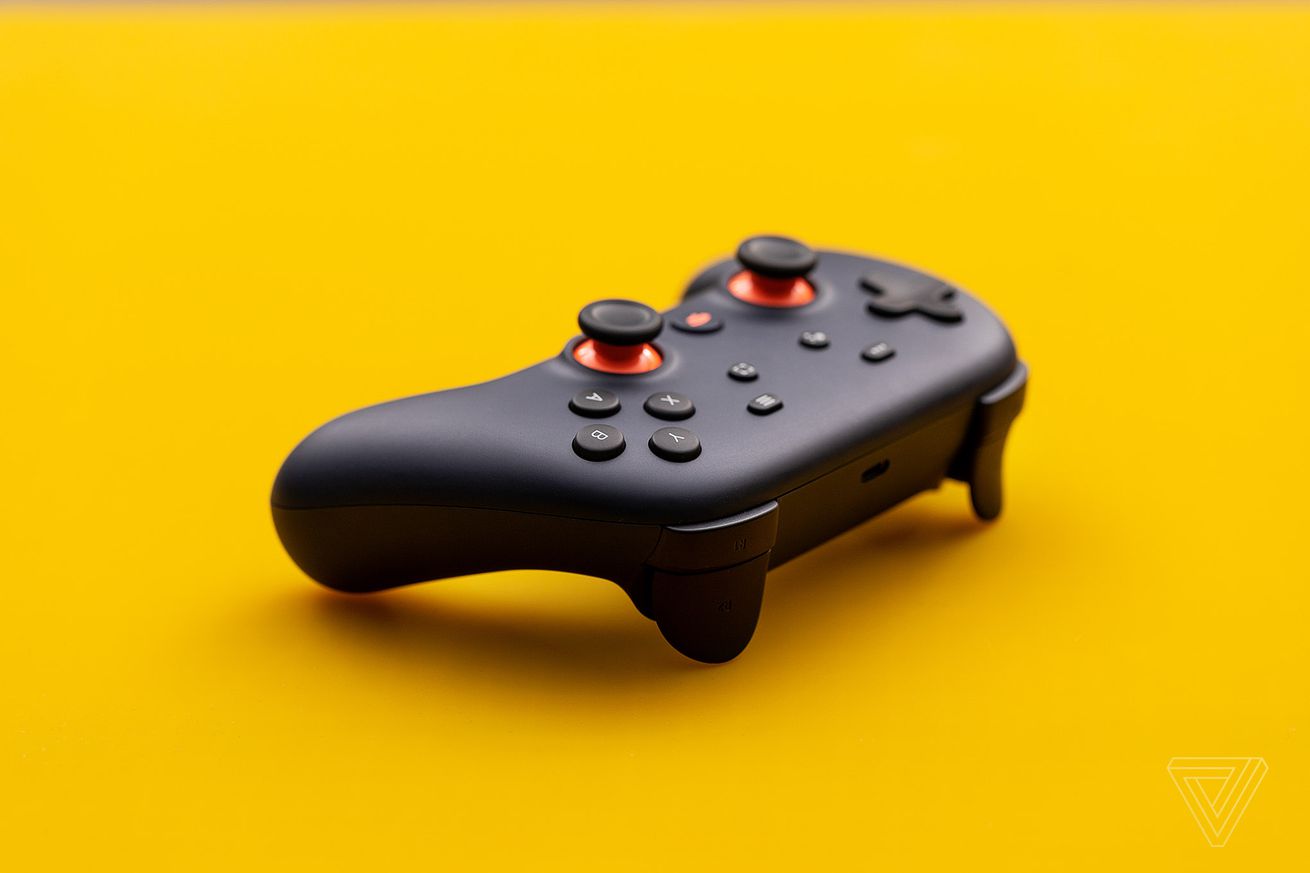
Google Stadia is how you shut down a service right
Google made a few mistakes with its Stadia cloud gaming service. Maybe more than a few. Okay, it made a lot of promises it didn’t keep and said a lot of things that look pretty laughable in hindsight and totally pulled the rug out from under its indie developers. We did our best to warn you!
And yet, I don’t think Stadia will be remembered poorly now it’s gone — because in the end, Google did right by its customers. Pay attention, rival companies: this is how you shut down a service right.
I can’t remember a company ever trying so hard to erase its mistakes: Stadia users got full hardware and software refunds, save game transfers, even a final celebratory test game they could play on the eve of the shutdown. They were warned over three months in advance so they could finish their games, and Google gave Stadia Pro subscribers those last three months for free. It didn’t even ask them to return the hardware in exchange for those refunds — and Google added a much-requested Bluetooth mode to the controller at the last minute, so people will hopefully reuse ‘em instead of chucking ‘em into landfills.
Google’s Stadia experiment cost you nothing unless you paid for a subscription
The best-case scenario: Say you purchased the Stadia Founder’s Edition hardware kit for $130 back in 2019, spent a while playing Destiny 2 for free, then dished out $60 each for Borderlands 3 and Cyberpunk 2077. You had a little fun, and maybe felt a little foolish when Google started offering deep software discounts and giving away the hardware for free.
But suddenly, you have free hardware too. Yes, Google is axing Stadia, but you’ve now effectively spent $0 for a free Chromecast Ultra, a free Bluetooth gamepad, and countless free sessions using Google’s gaming-PC-in-the-cloud. Google is refunding all of it, and you can even transfer your progression from those games to PC.
It won’t be that rosy for every customer, of course. Anyone who subscribed to Google’s Stadia Pro subscription service won’t be getting any refunds for their monthly fee. Many games don’t offer savegame transfers, and we’re still wondering what Google will do about Stadia exclusives like PixelJunk Raiders — in that particular case, a contract renegotiation is the only thing keeping the game from living on, Q-Games founder and CEO Dylan Cuthbert told The Verge. A recent tweet suggests a renegotiation hasn’t happened yet.
And though I’m happy that my Stadia Controller will live on as a generic Bluetooth controller, I’m a little confused and annoyed by some of Google’s seemingly arbitrary choices there. The company’s only giving owners until December 31st, 2023 to convert their controllers to Bluetooth — which means any gamepads stuck in the back of a warehouse, thrift store, or closet might still become e-waste.
Why wouldn’t Google release a simple updater app like practically every other piece of hardware? And, why does updating your controller to Bluetooth permanently disable its Wi-Fi radio, according to the company’s warnings? I’d like to think there’s a good legal, regulatory, or economic reason, but Google wouldn’t provide one when I asked.
Still, Stadia spokesperson Patrick Seybold did confirm that the Wi-Fi was only ever used to connect to the Stadia game servers — you’re not missing much there unless the controller gets some cool hacks — and those who don’t update to Bluetooth can still connect the controller with a USB cable.
I guess I shouldn’t look a gift controller in the mouth.
Yes, there’s definitely more Google could have done, but I still have to clap for what it did. There are so, so very many examples of companies walking away from gadgets, reducing them to useless bricks. For example, I’m currently waiting to see if my Arlo Q home security cameras succumb to that fate.
Oh, you’d best believe we’ll still include Google Stadia in our next flops of the decade post. But when we visit its plot in the Google Graveyard, we’ll laugh instead of curse. Yes, Stadia should have been so much more, but it did work, and Google put effort into giving it the funeral it deserved.

